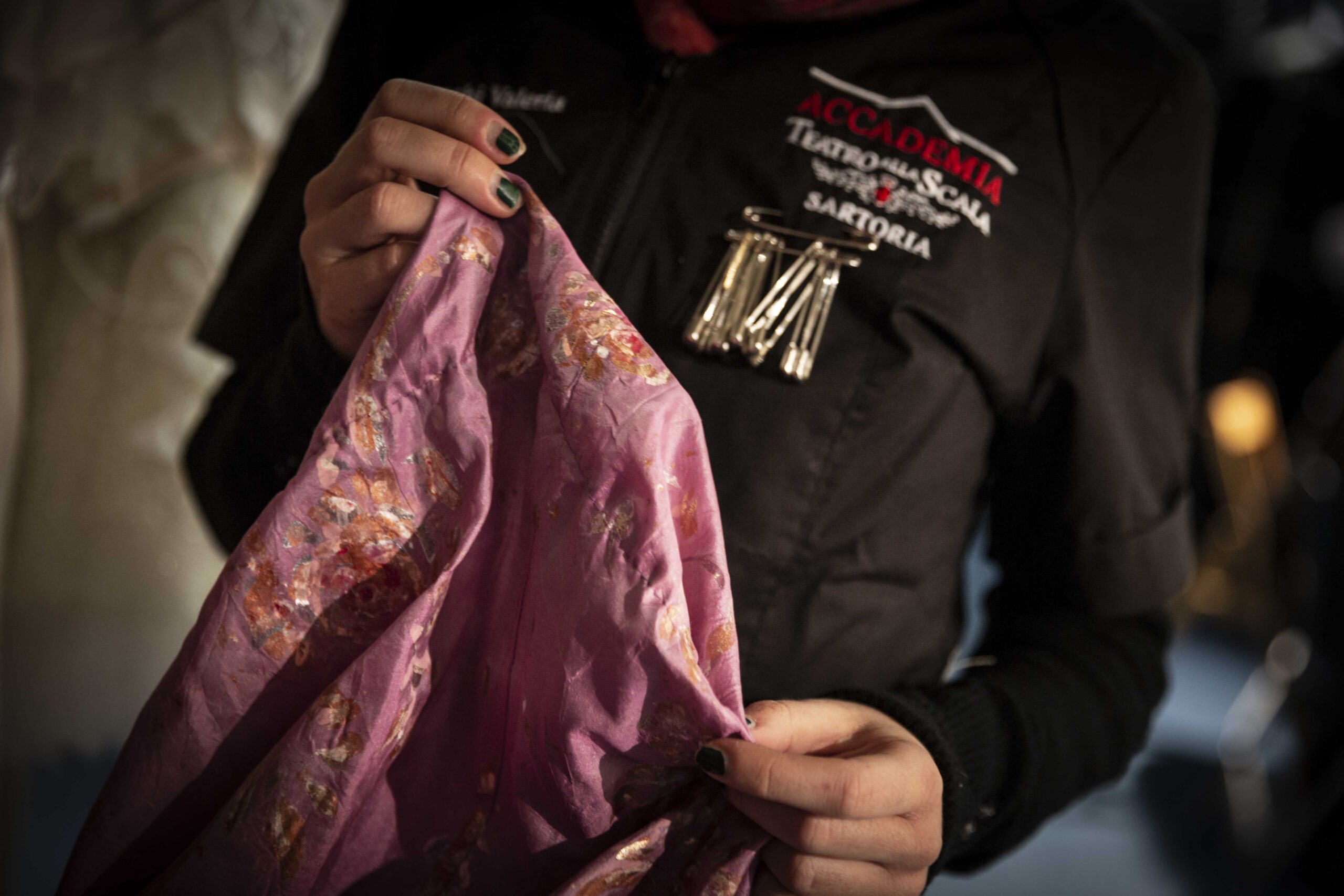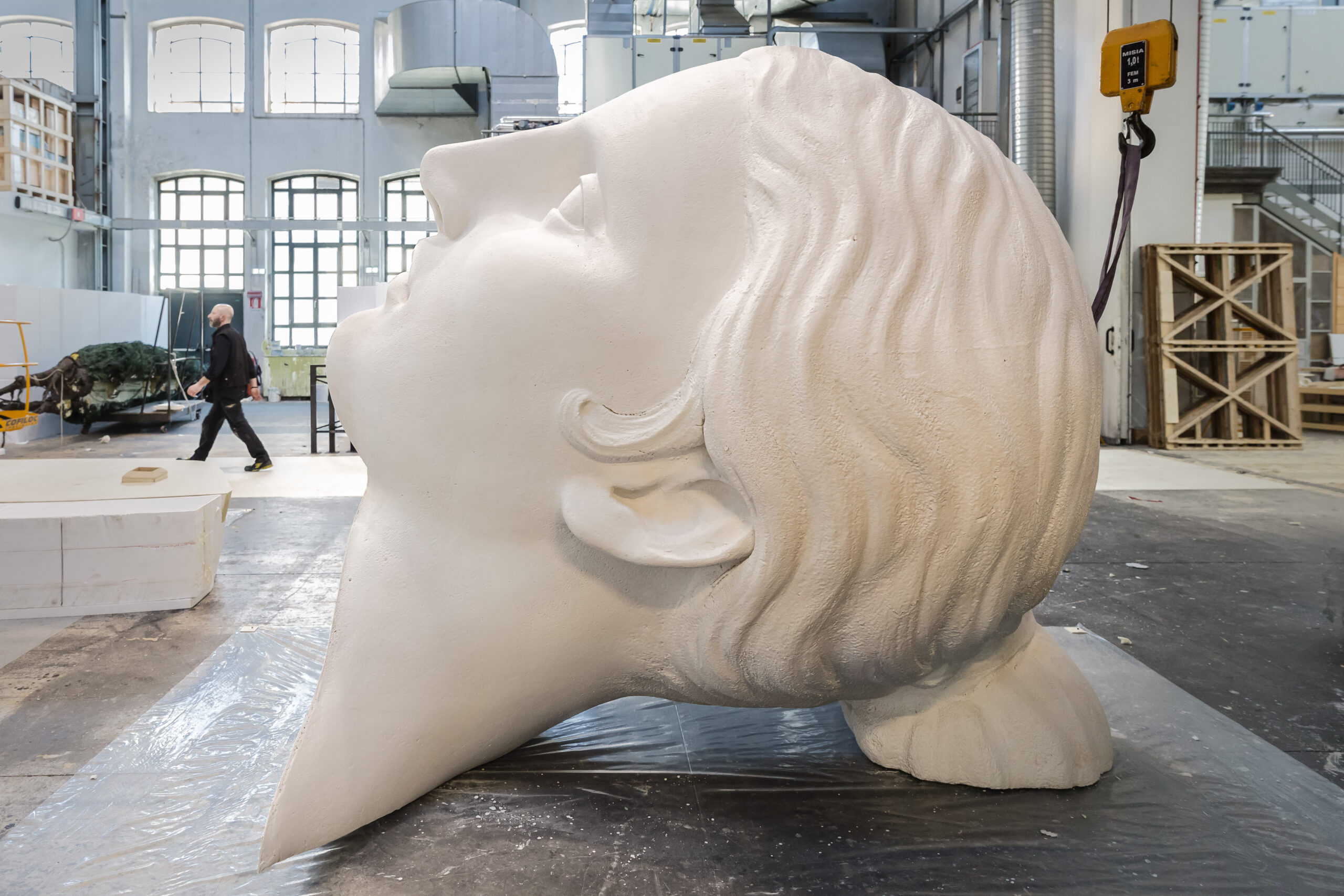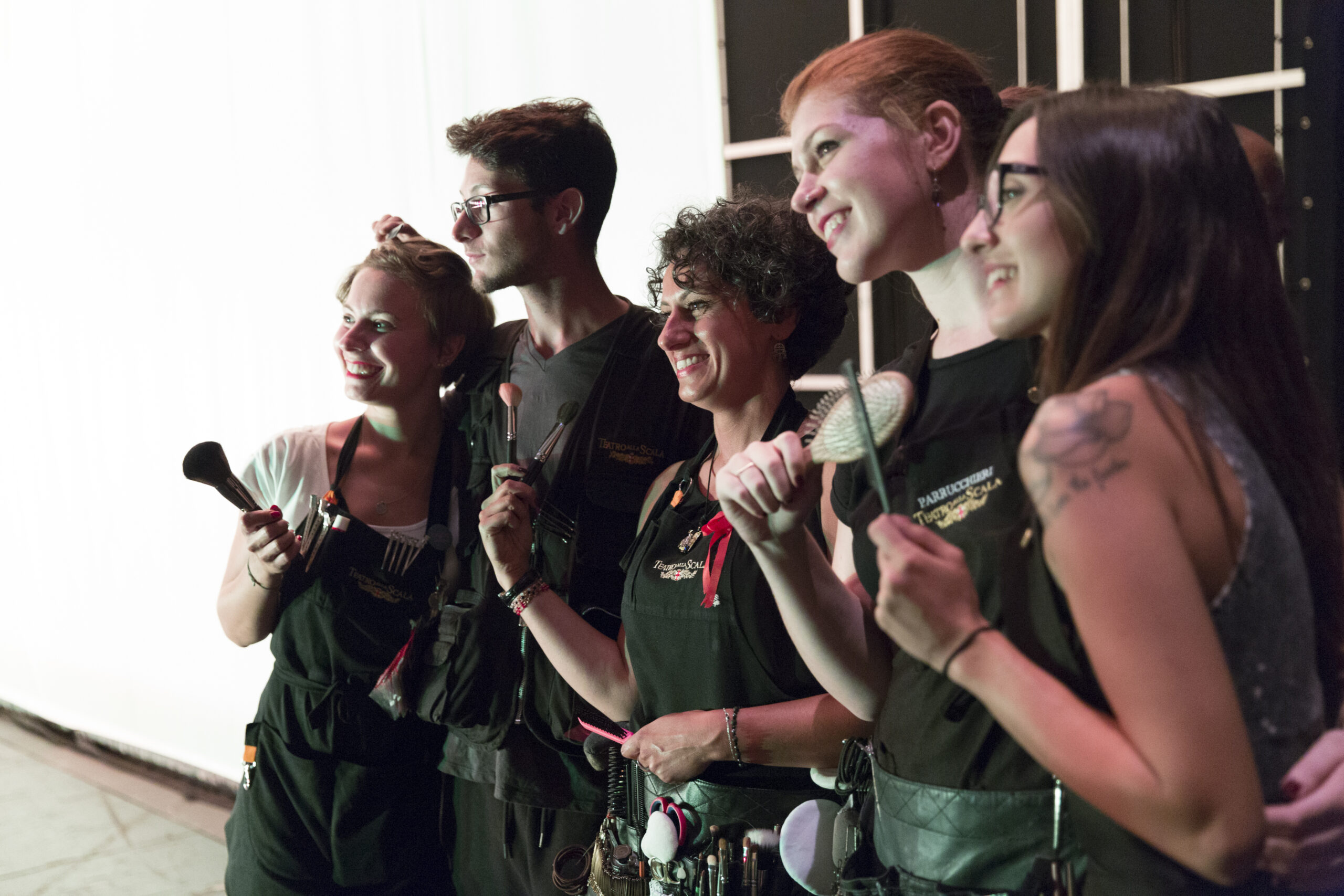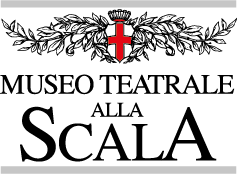
Soprano Maria Callas talks about the team at Teatro alla Scala
For centuries Teatro alla Scala, the ultimate social hotspot and place to see and be seen, cherished for its historical, artistic, social, architectural importance as well as its impact on town planning, has played a leading role in the Italian and international cultural scene.
Over the years, its cultural excellence has enchanted artists of various kinds, including Stendhal. Having just arrived from Paris, the French writer was so impressed by the magnificent stage sets and enchanting productions, that he called Teatro alla Scala a ‘magnificent factory’. This poetic and romantic expression underlines not only the elegance, splendour and grandeur of the quintessential theatre, but also the hidden back-stage craftsmanship.
Since it first opened on the site of the dilapidated Church of Santa Maria della Scala in 1778, Teatro alla Scala, the focal point of numerous historical, political and technological revolutions, has directly influenced the artistic-musical scene. Its impact also derives from the heritage of excellence of the ‘know-how’ of its craftsmen and professionals, who kept the theatre future facing whilst maintaining its spirit of tradition.
A Teatro alla Scala production is always a collective creation involving the effort and collaboration of many different professions, some more artistic and others more technical and managerial. Everyone’s contribution is crucial to achieving the ultimate goal: to create a high-level artistic product.
The staging of a production is, therefore, a group effort, in which the skills of those hidden from the audience are fully equal to those in the limelight. But how much work does it take to stage a production? Which professionals are involved and how do you become a professional in this field?
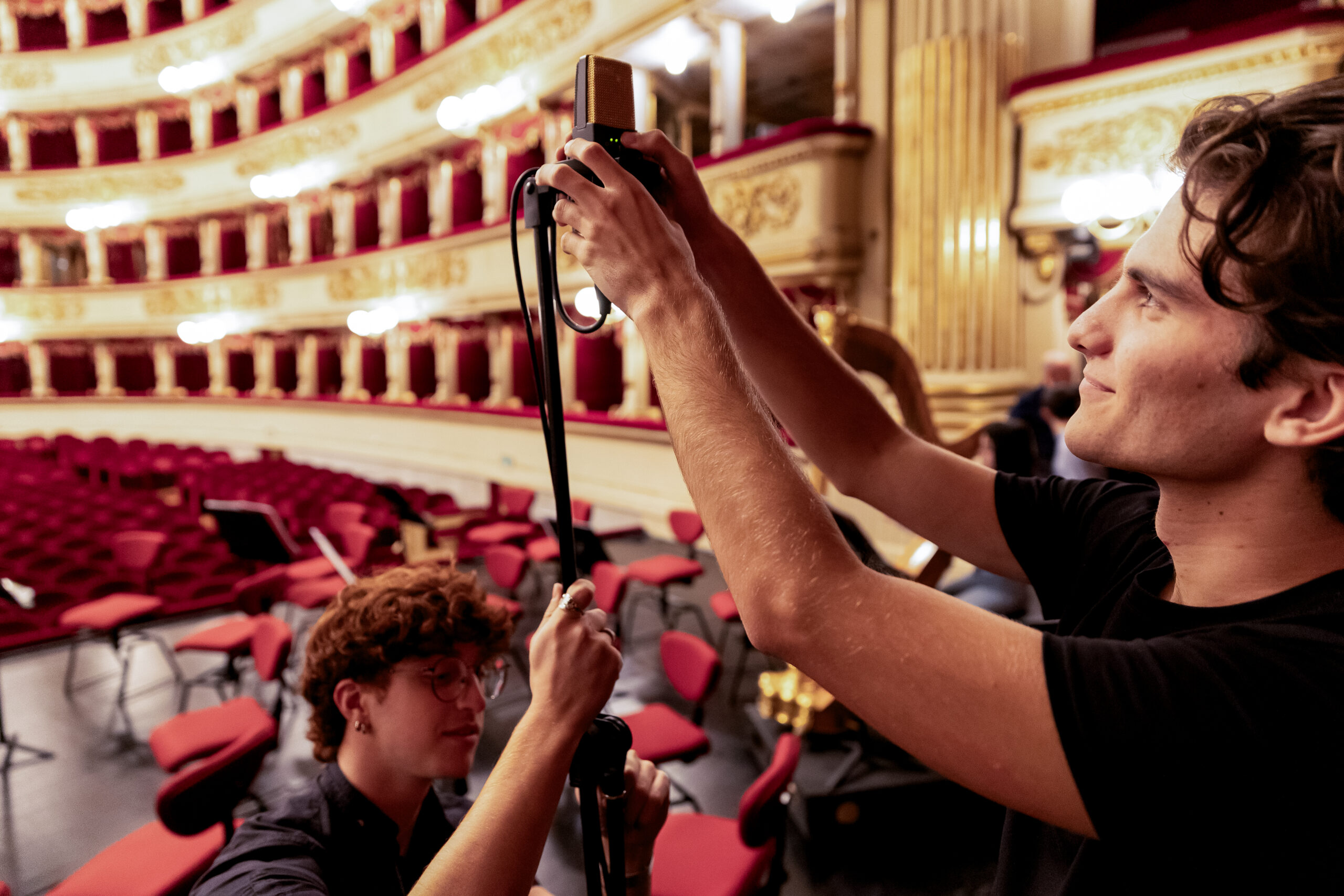
The Magnificent Factory FSL was developed to provide answers to questions like these. It offers young people a road map to the theatre professions as valid alternatives to more common postgraduate study choices, complete with concrete insights into working in a creative, fascinating field that offers great personal and professional satisfaction.
In more detail, this FSL aims to:
- offer student a chance to enhance their knowledge of Italian musical and theatrical culture through the history of Teatro alla Scala and Museo Teatrale alla Scala;
- promote alternatives to more traditional courses of study;
- focus students on the performing arts professions.
